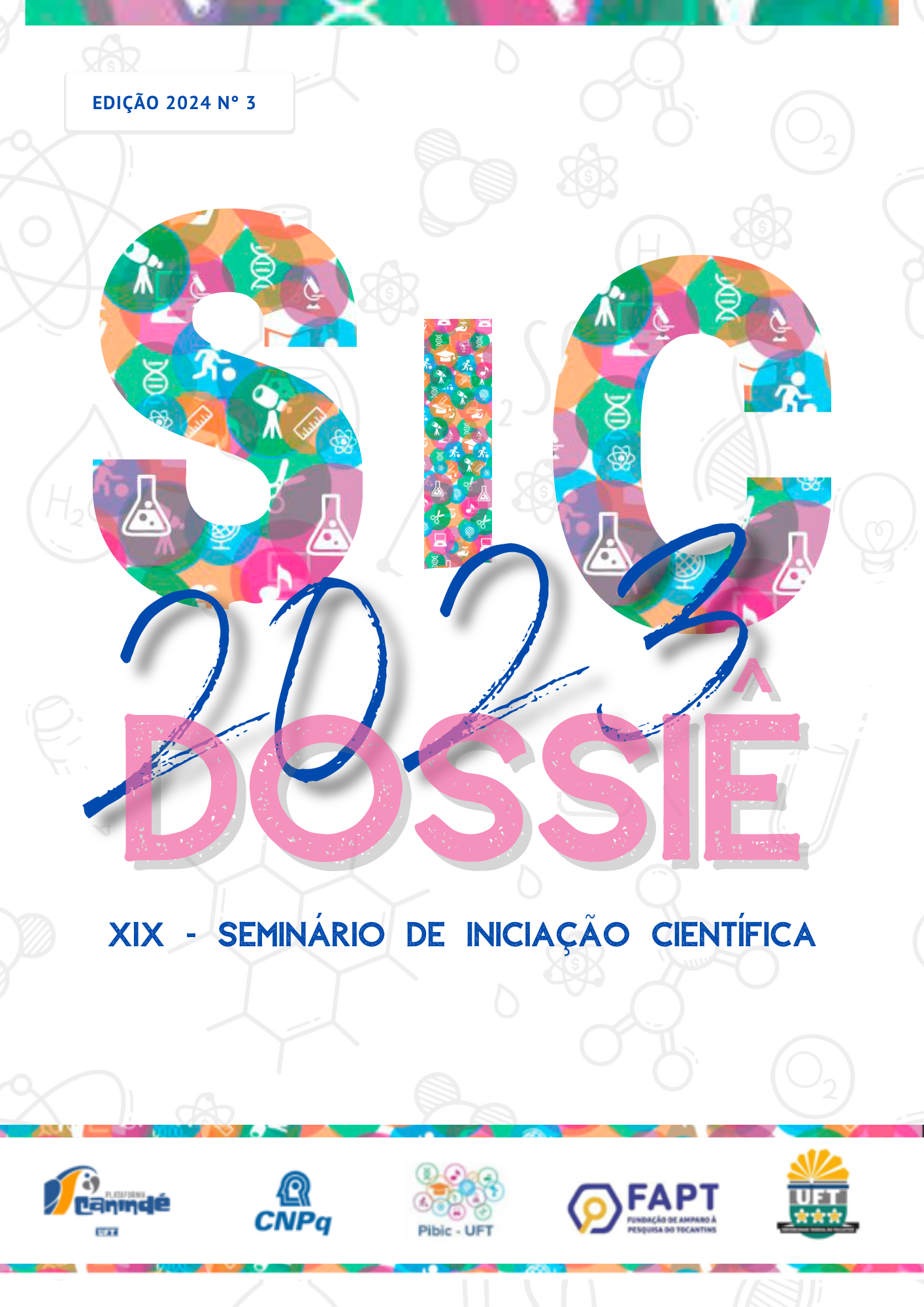O ANTIRREALISMO ORTODOXO NA AURORA DA MECÂNICA QUÂNTICA
DOI:
https://doi.org/10.20873/2024_v3_21Resumo
RESUMO
O tema do antirrealismo ortodoxo na aurora da mecânica quântica nasce da perspectiva de discutir o problema que envolve o embate entre realismo e antirrealismo nos primórdios da mecânica quântica, especialmente no interior da interpretação de Copenhague, liderada por Niels Bohr e Werner Heisenberg. Em termos gerais, objetiva-se evidenciar pressupostos ontológicos e os conceitos metafísicos empregados nas diversas concepções que compõe a interpretação supramencionada, particularmente, o princípio da incerteza de Heisenberg. A metodologia para tal análise será uma revisão de literatura, portanto, uma pesquisa bibliográfica, baseada no que há de mais atual sobre o tema em epígrafe. O que se intenta com o presente artigo é demonstrar como o realismo e antirrealismo, enquanto perspectivas filosóficas, versam sobre a natureza da realidade e a relação entre conceitos teóricos e observações empíricas. O realismo apresenta uma visão que postula a existência da realidade objetiva e independente das observações humanas e o antirrealismo sustenta que os conceitos teóricos e entidades propostas por teorias científicas não podem ter uma correspondência direta com a realidade, independente das observações. Nesse trabalho o leitor verá uma discussão sobre essas duas vertentes nos primórdios da mecânica quântica e suas consequências para o entendimento do mundo dos quanta.
Palavras-chave: Antirrealismo, incerteza, mecânica quântica.
Downloads
Publicado
Como Citar
Edição
Seção
Licença
Copyright (c) 2024 Maxwell Melo, Eduardo Simões

Este trabalho está licenciado sob uma licença Creative Commons Attribution-NonCommercial 4.0 International License.
Autores que publicam nesta revista concordam com os seguintes termos:
1. Autores mantém os direitos autorais e concedem à revista o direito de primeira publicação, com o trabalho simultaneamente licenciado sob a Creative Commons Attribution License (CC BY-NC 4.0), permitindo o compartilhamento do trabalho com reconhecimento da autoria do trabalho e publicação inicial nesta revista.
2. Autores têm autorização para assumir contratos adicionais separadamente, para distribuição não-exclusiva da versão do trabalho publicada nesta revista (ex.: publicar em repositório institucional ou como capítulo de livro), com reconhecimento de autoria e publicação inicial nesta revista.
3. Autores têm permissão e são estimulados a publicar e distribuir seu trabalho online (ex.: em repositórios institucionais ou na sua página pessoal) a qualquer ponto posterior ao processo editorial.
4. Além disso, o AUTOR é informado e consente com a revista que, portanto, seu artigo pode ser incorporado pela DESAFIOS em bases e sistemas de informação científica existentes (indexadores e bancos de dados atuais) ou a existir no futuro (indexadores e bancos de dados futuros), nas condições definidas por este último em todos os momentos, que envolverá, pelo menos, a possibilidade de que os titulares desses bancos de dados possam executar as seguintes ações sobre o artigo:
a. Reproduzir, transmitir e distribuir o artigo, no todo ou em parte sob qualquer forma ou meio de transmissão eletrônica existente ou desenvolvida no futuro, incluindo a transmissão eletrônica para fins de pesquisa, visualização e impressão;
b. Reproduzir e distribuir, no todo ou em parte, o artigo na impressão.
c. Capacidade de traduzir certas partes do artigo.
d. Extrair figuras, tabelas, ilustrações e outros objetos gráficos e capturar metadados, legendas e artigo relacionado para fins de pesquisa, visualização e impressão.
e. Transmissão, distribuição e reprodução por agentes ou autorizada pelos proprietários de distribuidoras de bases de dados.
f. A preparação de citações bibliográficas, sumários e índices e referências de captura relacionados de partes selecionadas do artigo.
g. Digitalizar e / ou armazenar imagens e texto de artigo eletrônico.


